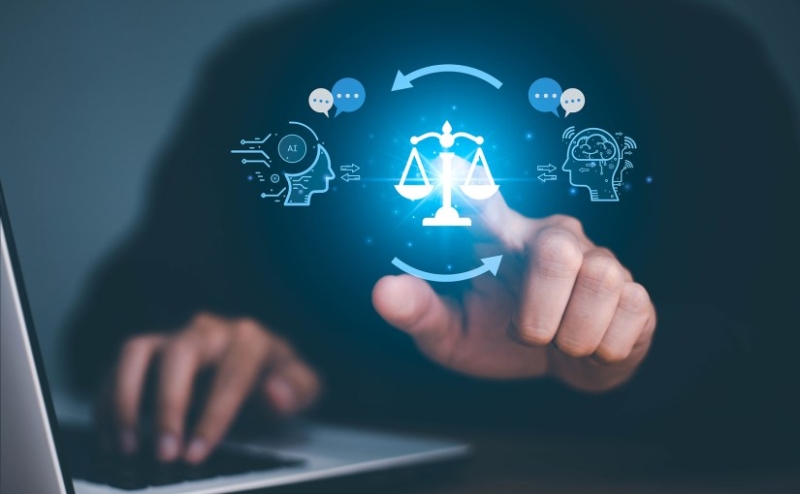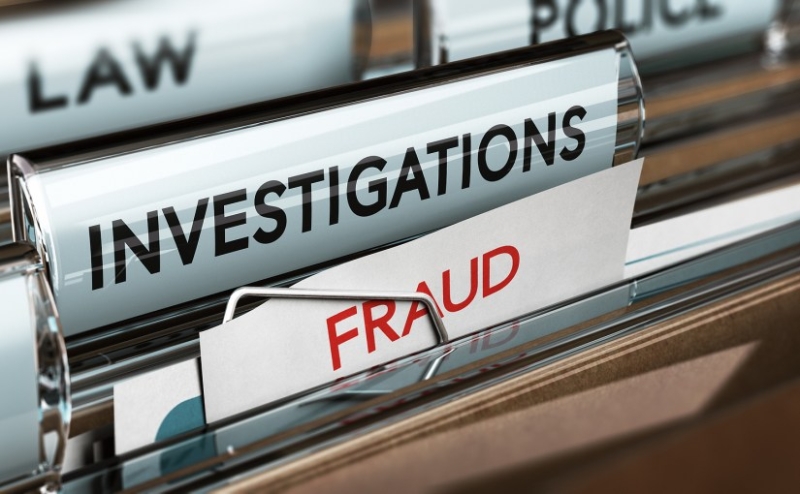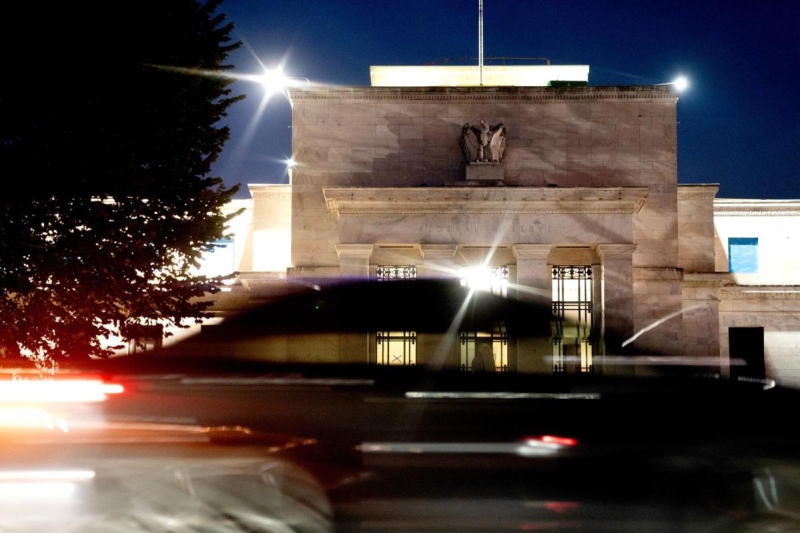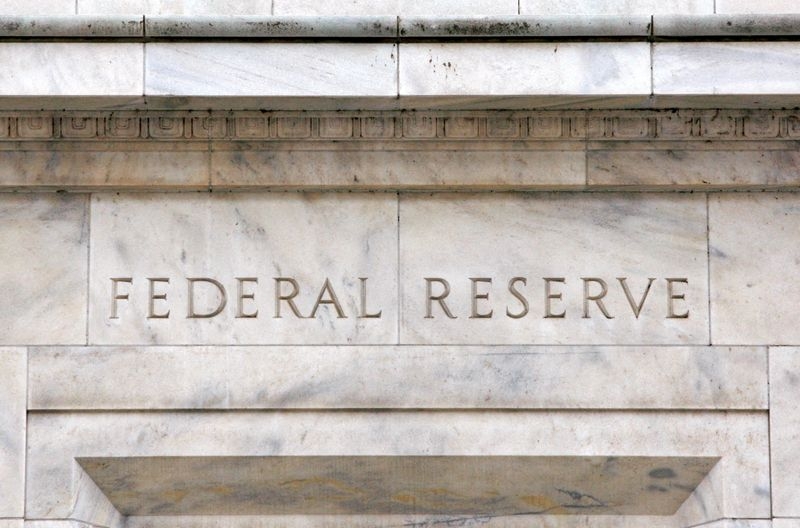
Globally, governments are grappling with the emergence of artificial intelligence (“AI”). AI technologies introduce exciting new opportunities but also bring challenges for regulators and companies across all industries. In the Asia-Pacific (“APAC”) region, there is no exception. APAC governments are adapting to AI and finding ways to encourage and regulate AI development through existing intellectual property (“IP”) regimes and new legal frameworks.
AI technologies aim to simulate human intelligence through developing smart machines capable of performing tasks that require human intelligence. The expanding market for AI ranges from machine learning to generative AI to virtual assistants to robotics, and this list merely scratches the surface.
When it comes to IP and AI, there are several critical questions for governments to consider: Can AI models be protected by existing legal frameworks within IP? Must copyright owners be human? Does a patent inventor have to be an individual? Do AI models’ training programs infringe on others’ copyrights?
To begin to answer these questions, regulators are drawing from existing IP regimes, including patent and copyright law. Some APAC countries have taken a non-binding approach, relying on existing principles to guide AI regulation. Others are drafting more specific AI regulations. The summary chart below provides a brief overview of current patent and copyright laws within APAC focused on AI and IP. Additional commentary concerning updates to AI laws and regulations is provided below the chart.
| Country | Patent | Copyright |
| Korea | A non-human cannot be the inventor under Korea’s Patent Act. There is a requirement for “a person.” | The Copyright Act requires a human creator. Copyright is possible if the creator is a human using generative AI models as software tools and the human input is considered more than simple prompt inputs. For example, in Korea, copyright was granted to a movie produced by generative AI as a “compilation work” in December 29, 2023. |
| Japan | Under Japan’s Patent Act, a natural person must be the inventor. This is the “requirement of shimei 氏名” (i.e. name of a natural person). | Japan’s Copyright Act defines a copyright-protected work as “a creation expressing human thoughts and Emotions.” However, in February 29, 2024, the Agency for Cultural Affairs committee’s document on “Approach to AI and Copyright” provided that a joint work made up of both human input and AI generated content can be eligible for copyright protection. |
| Taiwan | Taiwan’s Patent Law does not explicitly preclude a non-human inventor, however, the Patent Examination Guidelines require a natural person to be an inventor. Formalities in Taiwan also require an inventor’s name and nationality. | The Copyright Act requires of “human creative expression.” |
| China | The inventor needs to be a person under Patent Law and the Guidelines for Examination in China. | Overall, Chinese courts have recognized that when AI-generated works involve human intellectual input, the user of the AI software is the copyright owner. |
| Hong Kong | The Patents Ordinance in Hong Kong requires a human inventor. | The Copyright Ordinance in Hong Kong attributes authorship to “the person by whom the arrangements necessary for the creation of the work are undertaken.” |
| Philippines | Patent law in the Philippines requires a natural person to be the inventor. | Generally, copyright law in the Philippines requires the author to be a natural person. The copyright in works that are partially AI-generated protects only those parts that are created by natural persons. The Philippines IP Office relies on the declarations of the creator claiming copyright to provide which part of the work is AI-generated and which part is not. |
| Vietnam | AI cannot be an IP right owner in Vietnam. The user of AI is the owner, regardless of the degree of work carried out by AI. | In terms of copyright, AI cannot be an IP right owner. Likewise, the user of AI is the owner, regardless of the degree of work carried out by AI. |
| Thailand | Thailan’s Patent law in Thailand requires inventors to be individuals. | Copyright law in Thailand requires an author to be an individual. |
| Malaysia | Malaysia’s Patent law requires inventors to be individuals. | Copyright law in Malaysia requires an author to be an individual. |
| Singapore | Patent law requires inventors to be a natural person(s). However, the owner can be a natural person or a legal entity. | In Singapore, it is implicit in provisions of the Copyright Act that the author must be a natural person. |
| Indonesia | Under Indonesia’s patent law, the inventor may be an individual or legal entity. | Under copyright law in Indonesia, the author of a work may be an individual or legal entity. |
| India | India’s patent law requires inventors to be a natural person(s). | The copyright law contains a requirement of “originality” – which the courts interpret as “intellectual effort by humans.” |
| Australia | The Full Federal Court in Australia ruled that an inventor must be a natural person. | Copyright law in Australia requires the author to be a human. |
| New Zealand | One court in New Zealand has ruled that AI cannot be an inventor under the Patents Act. | A court in New Zealand has ruled that AI cannot be the author under the provisions of the Copyright Act. There is updated legislation clarifying that the ownership of computer-generated works is the person who “made the arrangements necessary” for the creation of the work. |
AI Regulation and Infringement
KOREA: Court decisions have ruled that web scraping or pulling information from a competitor’s website or database infringes on competitor’s database rights under the Copyright Act and the UCPA. In Koria, parties must obtain permission for use of copyrighted work for training AI emphasized in guidelines. The Copyright Commission published guidelines on copyright and AI in December 2023. The guidelines noted the growing need for legislation on AI generated works. The English version of the guidelines was released in April 2024.
JAPAN: The January 1, 2019 Copyright Act provides very broad rights to use copyrighted works without permission for training AI, as long as the training is for the purpose of technological development. The committee aims to introduce checks to this freedom, and also to provide more protection for Japan-based content creators and copyright holders. The Japan Agency for Cultural Affairs (ACA) released its draft “Approach to AI and Copyright” for public comment on January 23, 2024. Additional changes have been made to the draft after considering 25,000 comments as of February 29, 2025. Also, the Ministry of Internal Affairs and Communications, Ministry of Economy, Trade and compiled the AI Guidelines for Business Ver1.0 in Japan on April 19, 2024.
TAIWAN: Using copyrighted works to train AI models involves “reproduction”, which constitutes an infringement, unless there is consent or a license to use the work. Taiwan’s IPRO released an interpretation to clarify AI issues in June 2023. Under the IPO interpretation circular of June 2023, the Taiwan cabinet approved draft guidelines for the use of generative AI by the executive branch of the Taiwan government in August 2023. The executive branch of the Taiwan government also confirmed that it is in the process of formulating the government’s version of the Draft AI Law, which is expected to be published this year.
CHINA: Interim Measures for the Management of Generative Artificial Intelligence Services, promulgated in July 2023, require that generative AI services “respect intellectual property rights and commercial ethics” and that “intellectual property rights must not be infringed.” The consultation draft on Basic Security Requirements for Generative Artificial Intelligence Service, which was published in October 2023, provides detailed guidance on how to avoid IP infringement. The requirements, for example, provide specific processes concerning model training data that Chinese AI companies must adopt. Moreover, China’s draft Artificial Intelligence Law, proposed on March 16, 2024, outlines the use of copyrighted material for training purposes, and it serves as a complement to China’s current AI regulations.
HONG KONG: A review of copyright law in Hong Kong is underway. There is currently no overarching legislation regulating the use of AI, and the existing guidelines and principles mainly provide guidance on the use of personal data.
VIETNAM: AI cannot have responsibility for infringement, and there are no provisions under existing laws in Vietnam regarding the extent of responsibility of AI users for infringing acts. The Law on Protection of Consumers’ Rights will take effect on July 1, 2024. This law requires operators of large digital platforms to periodically evaluate the use of AI and fully or partially automated solutions.
THAILAND: Infringement in Thailand requires intent or implied intent, for example, from the prompts made to the AI. Thai law also provides for liability arising out of the helping or encouraging of infringement by another. Importantly, the AI user may also be exposed to liability in that way.
MALAYSIA: An informal comment from February 2024 by the Chairman of the Malaysia IP Office provides that there may be infringement through the training and/or use of AI programs.
SINGAPORE: Singapore has a hybrid regime. The regime provides a general fair use exception, which is likely guided by US jurisprudence, per the Singapore Court of Appeal. The regime also provides exceptions for specific types of permitted uses, for example, the computational data analysis exception. A Landscape Report on Issues at the Intersection of AI and IP issued by IPOS on February 28, 2024 provided a Model AI Governance Framework for Generative AI, which was published May 30, 2024.
INDONESIA: A “circular,” a government issued document similar to a white paper, implies that infringement is possible in Indonesia. The nonbinding Communications and Information Ministry Circular No. 9/2023 on AI was signed in December 2023.
INDIA: Under the Copyright Act of 1957, a Generative AI user has an obligation to obtain permission to use the copyright owner’s works for commercial purposes. In February 2024, the Ministry of Commerce and Industry’s Statement provided that India’s existing IPR regime is “well-equipped to protect AI-generated works” and therefore, it does not require a separate category of rights. MeitY issued a revised advisory on March 15, 2024 providing that platforms and intermediaries should ensure that the use of AI models, large language models, or generative AI software or algorithms by end users does not facilitate any unlawful content stipulated under Rule 3(1)(b) of the IT Rules, in addition to any other laws.
AUSTRALIA: Any action seeking compensation for infringement of a copyright work by an AI system would need to rely on the Copyright Act of 1968. It is an infringement of copyright to reproduce or communicate works digitally without the copyright owner’s permission. Australia does not have a general “fair use” defense to copyright infringement.
NEW ZEALAND: While infringement by AI users has not yet considered by New Zealand courts, New Zealand has more restricted “fair dealing” exceptions. Copyright review is underway in New Zealand.
© Copyright 2024 Squire Patton Boggs (US) LLP For more news on AI Intellectual Property Regulations, visit the NLR Intellectual Property section.






